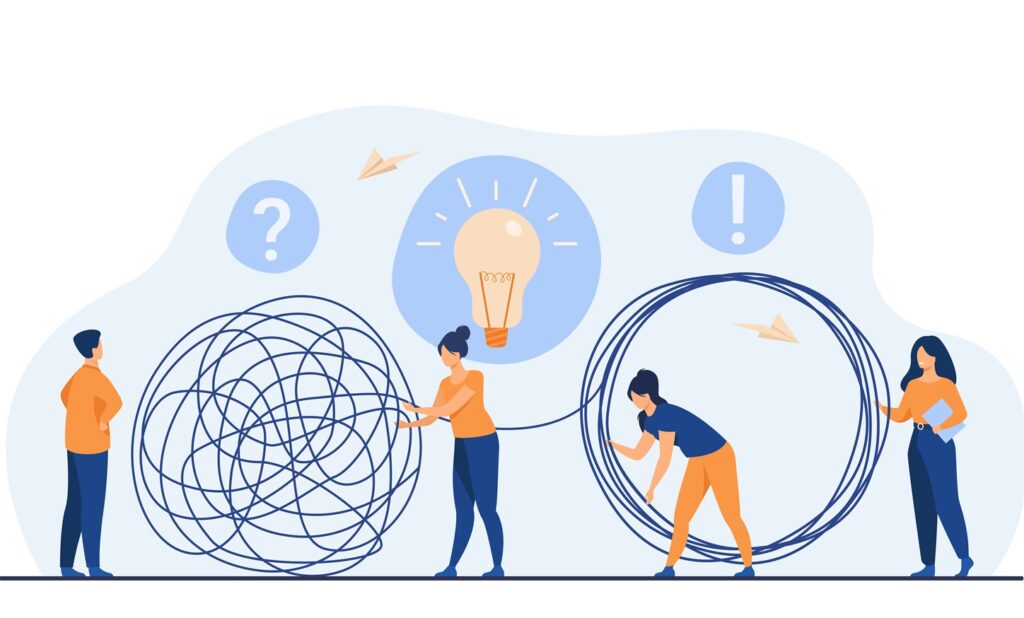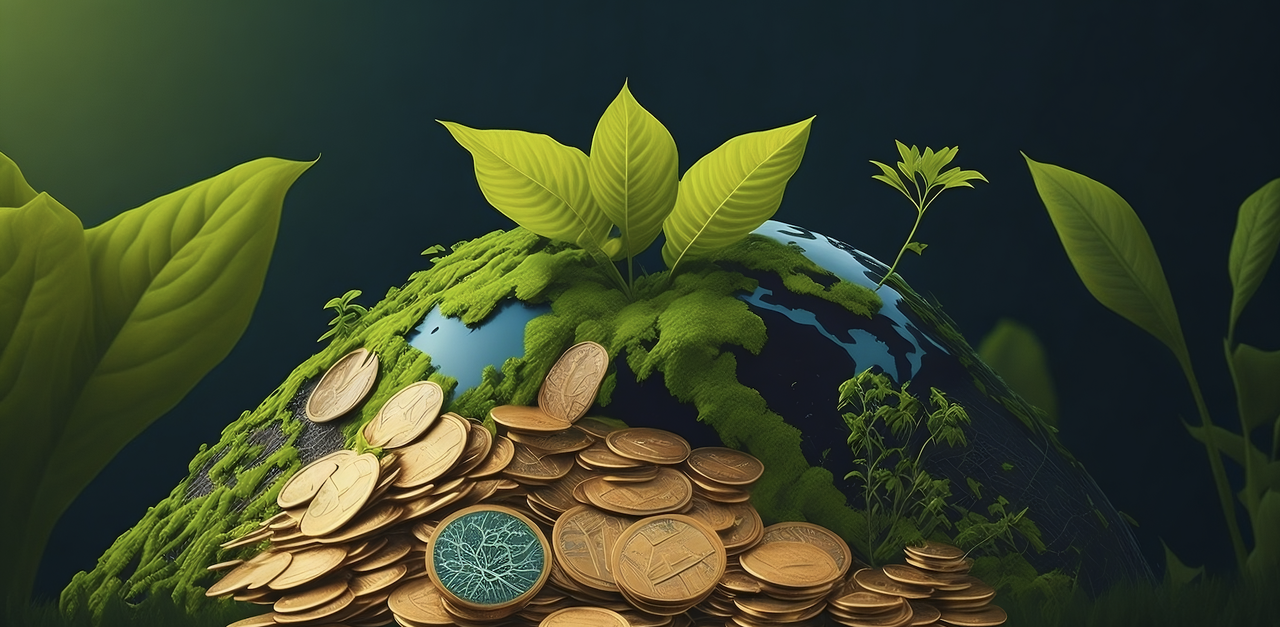
We all have the ability to improve our mental health. Mental health is defined as a state of emotional, psychological, and social well-being. It’s not just about feeling happy; it’s also about feeling secure, confident, and at peace with yourself. Achieving this type of balance can be challenging at times—especially if you struggle with anxiety or depression—and it requires some focused attention from you.
Self-reflection is a powerful tool when it comes to improving mental health and overall well-being. It involves taking a conscious and deep look into your thoughts, emotions, behaviors, and experiences to gain insight and understanding. This process can lead to increased self-awareness, personal growth, and the development of healthier coping mechanisms.
Here’s how self-reflection can be a valuable asset for mental health:
Increased Self-Awareness
You know that old saying: “You can’t change what you don’t acknowledge.”
Many of us are so busy living our lives that we don’t take the time to stop and reflect on how we’re living them. This is especially true when it comes to our emotions, which can often feel like something we just have to put up with. But self-reflection isn’t just about trying to figure out how you feel; it’s about learning how your feelings are influencing your actions and decisions, too.
By taking a step back from your life and looking at it from a different perspective, you’ll be able to gain more insight into who you really are—and maybe even learn something new about yourself along the way!
Identifying Negative Patterns
Negative thought patterns can be hard to recognize. They’re often subtle, and they often feel like they’re just a part of life—like you have no other option but to think the way you do.
But when we look at these thought patterns through a more objective lens, we can see that they’re not necessary. We can see that they don’t serve us, and we can start working on replacing them with more positive ways of thinking. It’s also important to keep in mind that negative thought patterns are not permanent. They’re a part of us, but they’re not who we are as people. We can change them if we choose to do so!
Problem Solving

It’s easy to be afraid of a challenge. It can feel like there are no solutions, or that if you were to find a solution, it would come at great cost to you. But when you look back on past challenges, you often find that they were not quite as insurmountable as they seemed at the time. You may have even found that the solution was simple and obvious—once you’d thought about it for long enough.
When you’re facing a difficult situation, try thinking about the past challenges you’ve already overcome. What did you learn from them? How can you apply those lessons to this new problem? If this is something new for you, it might take some practice before your mind starts to see solutions instead of problems. But over time, you’ll get better at it—and so will your brain!
Enhancing Resilience
When you’re facing an obstacle, it helps to know that you can get through it. Reflecting on past hardships you’ve overcome can help you build a stronger sense of resilience, which will make it easier for you to navigate future obstacles.
When you have a strong sense of resilience, the ability to bounce back from challenges becomes second-nature. This means that when something goes wrong in your life, such as a lost job or difficult relationship, you don’t feel like your whole world is falling apart. Instead, you recognize that these things happen and that they’re bound to pass—and when they do, there will be something else waiting for you on the other side!
Improving Relationships
When you’re able to reflect on your own behavior and the way you interact with others, it can help improve your relationships in many ways.
First, self-reflection allows you to assess your communication style and boundaries. By recognizing how you behave, what works for you and what doesn’t, you can learn how to express yourself better in the future. You may also notice when someone else is struggling with something or needs support from you, which helps strengthen your connection with them.

As a result of this reflection, we generally become more attuned to the needs and feelings of both ourselves and those around us. This means that when someone asks for something or needs something from us, we are more likely to recognize it immediately and respond appropriately.
Reducing Stress
Regular self-reflection can provide a sense of catharsis and emotional release. It allows you to unload built-up stress, process your feelings, and gain perspective on challenging situations.
What is self-reflection? Self-reflection is simply thinking about your life. It’s not just about thinking about what happened yesterday or last week—it’s also about considering the bigger picture: What do my actions mean in the context of my life as a whole? Why is self-reflection important? There are two main reasons why you should reflect on your life: To gain perspective on what you’re doing now and how it fits into your past experiences; and to learn how to take care of yourself emotionally.
How do I practice self-reflection? There are many ways to practice self-reflection. Some people find that writing down their thoughts helps them process them more effectively; others prefer talking with friends or family members while they’re experiencing strong emotions; still others like to journal or write letters that don’t need to be sent anywhere! The key here is finding what works best for YOU!
RUCHI RATHOR Founder & CEO
Payomatix Technologies Pvt. Ltd.
FOUNDER AND INVESTOR | PAYMENTS PROCESSING EXPERT | MERCHANT ACCOUNT SOLUTIONS | WHITE LABELLED PAYMENT GATEWAY | Dreamer, Creator, Achiever, Constantly Evolving
Website Ruchi Rathor: https://ruchirathor.com
Website Healing Heart https://thehealingheart.me/
Instagram https://www.instagram.com/ruchirathor/
LinkedIn https://www.linkedin.com/in/ruchirathor12/
Facebook https://www.facebook.com/ruchi.rathor.magnificient
Tumblr https://www.tumblr.com/blog/ruchirathor-thehealingheart
Medium https://medium.com/@ruchirathor_23436









